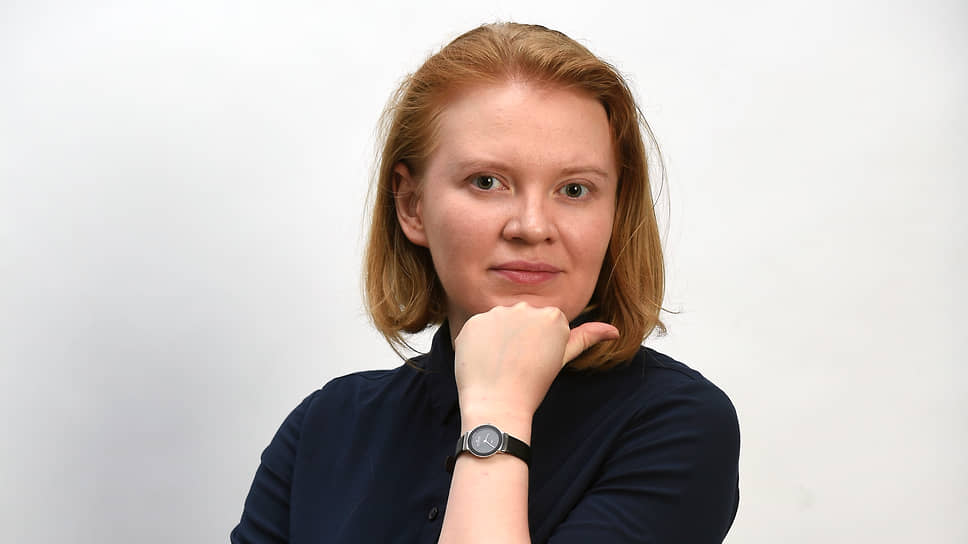Central Bank of Turkey raises key rate immediately from 17.5% to 25%
[ad_1]
The Central Bank of Turkey, not satisfied with the effect of the gradual increase in the key rate at the two previous meetings, moved to a tighter monetary policy. Previous cautious actions were replaced by a sharp increase in the rate immediately from 17.5% to 25%. This decision, the regulator said, is dictated by the still high level of inflation in the country and the desire to reduce it in a few quarters. The new economic policy of the Turkish authorities is mainly linked to curbing price growth – the Ministry of Finance is going to present a program of structural reforms focused on this in early September.
The Central Bank of Turkey, following a meeting on Thursday, raised its key rate by 750 basis points at once – from 17.5% to 25%, to a maximum since 2004. Analysts Polled Reuters And Bloomberg, expected a less serious increase – up to 20%. Capital Economics predicted that the rate would rise to the level of 25% only by the end of the year.
From the statement of the Turkish regulator it follows that he is going to tighten monetary policy (MP) and further, doing it “timely and gradually” until he is satisfied with the level of inflation.
The Central Bank expects that foreign direct investment, a further increase in foreign exchange reserves and an improvement in the current account balance due to tourism revenues will make a significant contribution to price stability.
Investors have been expecting tightening of the monetary policy since the end of 2021, when instead of the previous standard practice of raising rates in the face of rising inflation, the Turkish Central Bank began, on the contrary, to lower them. The regulator stopped doing so only in June of this year, when, after the election victory, President Recep Tayyip Erdogan appointed economist Mehmet Simsek, a supporter of a moderate fiscal policy, who held the same position in 2009-2015, as head of the Ministry of Finance. After his appointment, he promised that the government would help the Central Bank in the fight against inflation, and outlined a common goal – to reduce the rate of price growth to single digits in the medium term. Head of the Central Bank after the re-election of the President became previously worked in American banks, including Goldman Sachs, Hafize Erkan.
As a result, in June the rate was increased for the first time in more than two years – almost twice: from 8.5% to 15%, in July – to 17.5%. Both decisions of the Central Bank disappointed market participants, who were counting on a more aggressive policy. The cautious steps of the regulator did not support the weakening lira against the dollar: the depreciation of the national currency of the country slowed down the rate increase both times, but did not stop it.
Such an increase in rates also did not help to contain inflation: in July, in annual terms, it accelerated to 47.8% after 38.2% in June. Mr. Shimshek said that he does not expect inflation to decrease until mid-2024: according to him, the country’s economy is going through a transition period. Recall that the official inflation target, previously announced by the Central Bank, is 5%. After the publication of July data on price growth rates, the regulator raised its inflation forecast for the end of the year to 58% from 22.3%. In a statement from the Central Bank, this assessment was confirmed.
It should be noted that almost all the statements of the Turkish Ministry of Finance made in the last two months are built around plans to curb inflation.
Among other things, these plans are linked to the program of structural reforms, the presentation of which Mr. Shimshek announced at the beginning of September. What exactly this document will be is still unknown. However, it is clear from the words of the minister that the further concept of the policy pursued by the Turkish authorities will be quite traditional and focused on resistance to external and internal shocks. “Transparency, consistency, predictability and compliance with international standards are fundamental principles in our economic policy,” the head of the Ministry of Finance emphasized.
In August, Moody’s announced the revision of the forecast for the Turkish banking sector from “negative” to “stable”. The accompanying commentary noted that the transition to a more orthodox and predictable monetary policy after the change of head of the Central Bank began even earlier than analysts expected.
[ad_2]
Source link







